The Red Ledger recently conducted a survey asking students about the classes they were taking. After reviewing the data and taking into account other considerations, The Red Ledger selected what it thought was the hardest sophomore, junior, senior, elective, and overall hardest class on campus. With no clear hardest class for freshman, The Red Ledger decided to discuss the transition to high school. Every Monday for the next two months, a new story will be released revealing what was selected as the hardest class for each grade.
Growing up, math teachers attempt to encourage struggling students by telling them, “At least it’s not calculus.” Once senior year (or junior for some) hits that mantra no longer becomes applicable.
“Surprisingly, calculus really isn’t as hard as everyone makes it sound like and seem,” senior Kelsie Roberts said. “At least for me, that is.”
Calculus is a much more conceptual form of mathematics, which is where AP Calculus teacher Keith Christian believes the main struggles come from.
“Calculus is a jump into a different kind of thinking,” Christian said. “It’s similar to the jump from arithmetic to algebra. You’re using new notations and it’s a completely different abstraction. Calculus is that next level where you start to see more abstract mathematics.”
Due to the theoretical nature of the class, the math tends to be just as hard as the concepts.
“The concepts in calculus are really hard to wrap your head around, and it’s not something like any other math class so I think that makes the class harder since they can’t grasp what they are solving for,” Roberts said.
One of the initial struggles with the class is in determining what the most effective and efficient ways to study are.
“Students often think that if they’ve done the homework problems, they ought to be ready, but in AP Calculus you can’t just think that you know it if you can do a specific group of homework problems,” Christian said. “They have to be able to be apply different concepts together into unique problems. Basically, AP Calculus teaches you how to study for math and many students have difficulties dealing with that.”
Christian employs a flipped-classroom teaching style. Ideally, all the homework and practice problems are worked in class, so that students have the opportunity to ask questions, and the notes are taken at home from a pre-recorded video of Christian teaching the lesson.
“I love his style of teaching, because I like being able to ask him questions during class and just doing the notes on my own is a manageable homework load,” Roberts said. “I’m not sure all the students take advantage of asking him questions during class, but if you do, it’s a really beneficial style of teaching.”
Inevitably, many students will use the class as a study hall for other classes or as a time to catch up with friends.
“It’s nice being able to work on your own stuff, because if it’s an easier lesson and I feel like I really understand the information I can use the class period to study for another class or work on other homework,” senior Bryce Anderson said.
The laid-back classroom setting is something many students appreciate and find beneficial, even if they are not always working on calculus.
“Calculus is definitely one of my most challenging classes, but with the way Mr. Christian teaches it, it’s been one of my most enjoyable classes, too,” senior Nic Powell said. “I think it helps me learn the information easier if I actually look forward to the class.”
The school offers two different Calculus classes, AB and BC. AB is the equivalent of Calculus 1 in college, and BC is the equivalent of taking Calculus 1 and 2.
“I took calculus just to get college credit,” Powell said. “I decided to do BC so that I could get twice as much credit if I did well, and even if I don’t pass the BC portion I can still have a chance to get AB credit.”
Typically, BC students are in the Gifted and Talented (GT) math program and take AB their junior year and BC their senior year.
“Last year, in Calculus AB, I didn’t think the class was very difficult and I did fairly well on the AP exam, so I thought I would give BC a chance and try and get some more college credit out of the way,” Roberts said. “This year I feel like the class has really stepped up the intensity and it’s pretty complex.”
That’s not the path for everyone, though.
“The way Lovejoy is doing it right now is that most of the students that are going straight from Pre-Calculus to AP Calculus BC are the GT students,” Christian said. “The district has started to separate the students in BC that have already taken AB or haven’t, which really benefits both groups, in my opinion.”
While calculus is the most challenging math course offered by the district, the benefits of taking it are palpable.
“Even though calculus is a hard class, being introduced to it prior to college allows me to either test out of it or have an entire year of review,” Anderson said. “I would recommended calculus over any of the other senior level math classes.”
Below is an example Calculus problem and solution, to see what students are actually working on in this class.




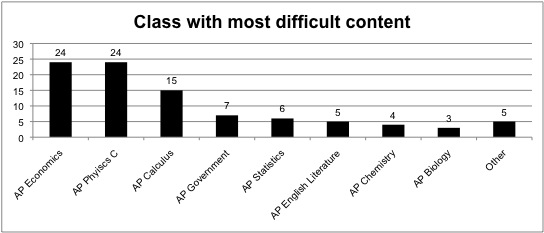
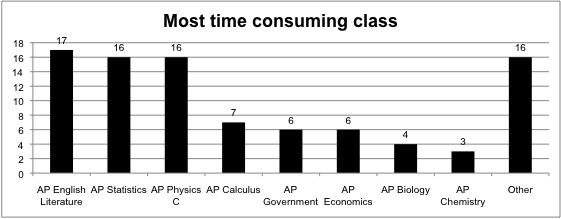
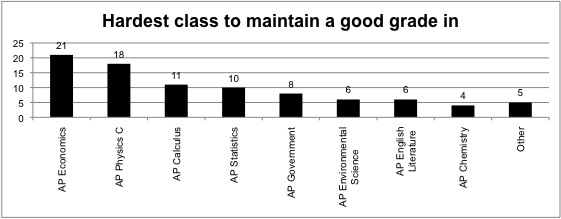
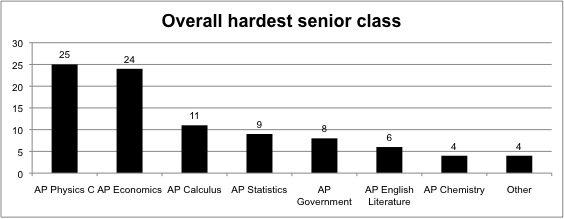
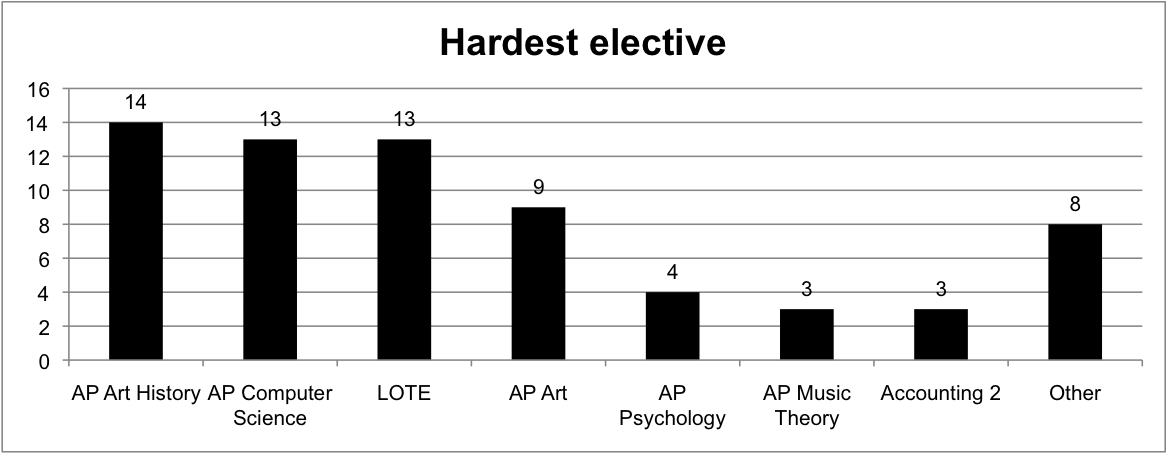
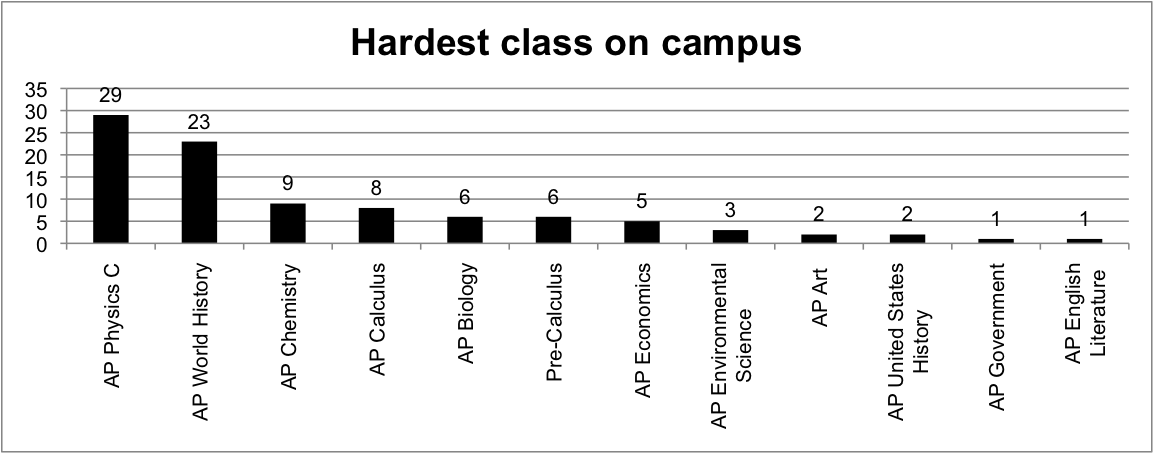


















Anonymous • Feb 26, 2013 at 2:20 pm
calculus seems hard, but I’m ready